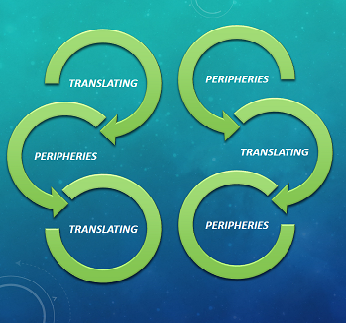Translation as Craft, as Recovery, as the Life and Afterlife of a Text: Sujit Mukherjee on Translation in India
DOI:
https://doi.org/10.21992/T9B325Keywords:
Translation, PeripheriesAbstract
Sujit Mukherjee passed away in 2003, having been an outstanding intellectual figure in India and beyond. A writer himself, but most of all a translator, Mukherjee contributed greatly to stirring the debate and reflection on translation in India. Although he quite humbly declared, on several occasions, that India never had such a thing as a theory of translation, his books and articles have traced the history of this activity and given shape to a metadiscourse on translation which is far from the abstractions of theories and full of the strength of the enlightened practitioner’s point of view. Mukherjee’s approach to the observation of translation practices is permeated by his modesty, his brisk simplicity and, above all, his relentless positivity. In his words, translation becomes a dynamic, pervasive and constructive practice, far from the subordinate and derivative essence so often ascribed to it by Western scholars. This paper brings to the fore the non-theories of Sujit Mukerjee and proceeds by discussing them along a chronological axis. Organized in three sections, the paper first analyses Mukherjee’s viewpoint on translation in India before the British, to then move onto translation and the role of English during and after colonization. The third and final section offers a comparison between Mukherjee’s ideas and reflections and those by three outstanding Western translation scholars.Downloads
Downloads
Published
Issue
Section
License
Authors who publish with this journal agree to the following terms: a.Authors retain copyright and grant the journal right of first publication with the work simultaneously licensed under a Creative Commons Attribution License that allows others to share the work with an acknowledgement of the work's authorship and initial publication in this journal. b.Authors are able to enter into separate, additional contractual arrangements for the non-exclusive distribution of the journal's published version of the work (e.g., post it to an institutional repository or publish it in a book), with an acknowledgement of its initial publication in this journal. c.Authors are permitted and encouraged to post their work online (e.g., in institutional repositories or on their website) prior to and during the submission process, as it can lead to productive exchanges, as well as earlier and greater citation of published work (See The Effect of Open Access).



